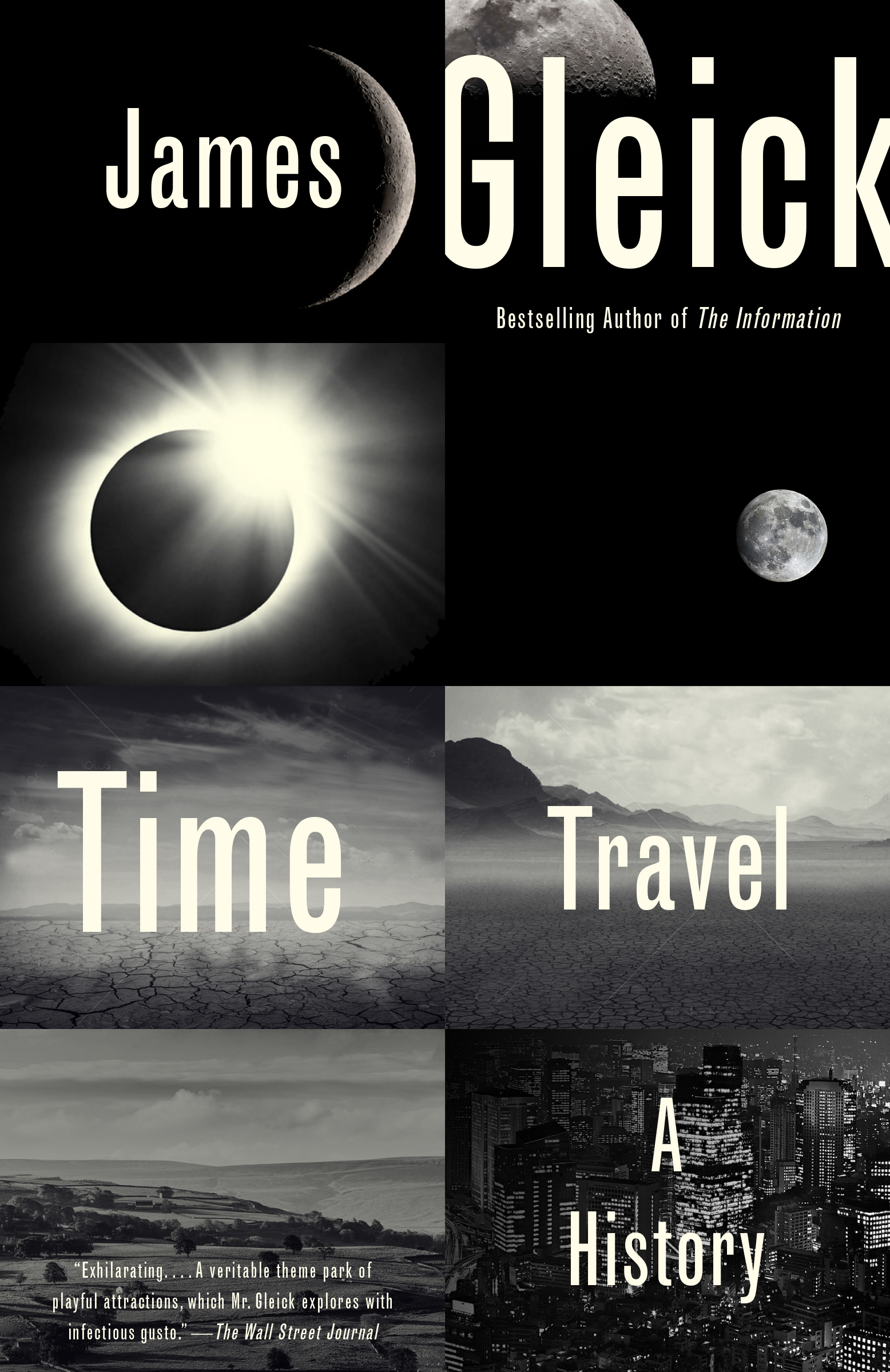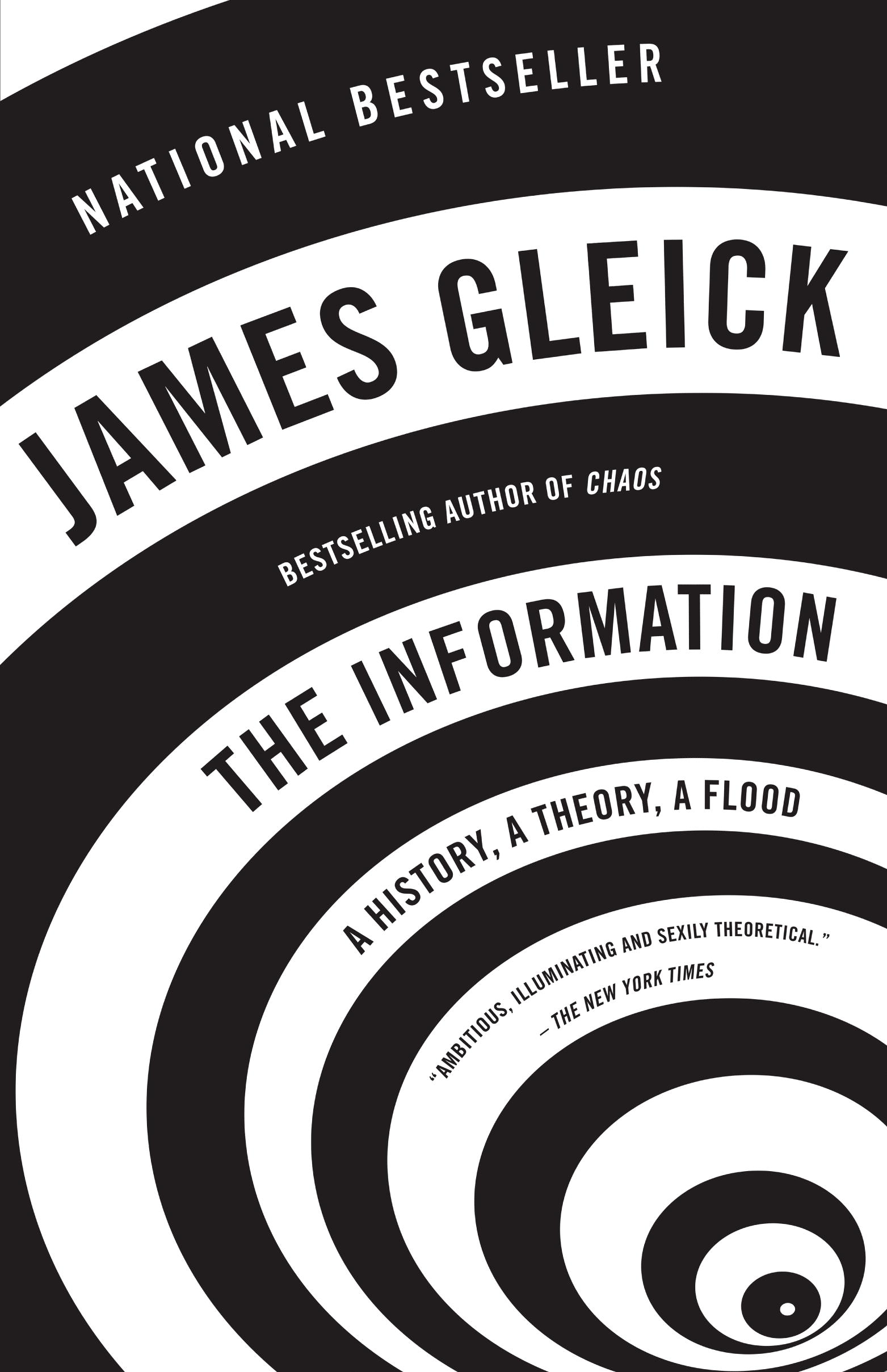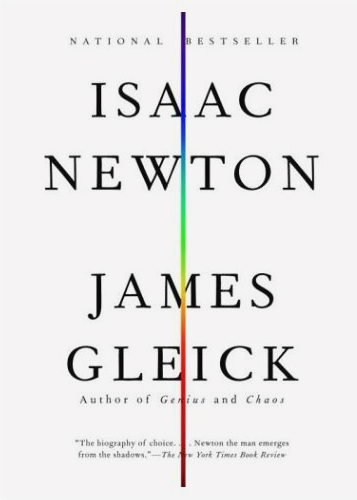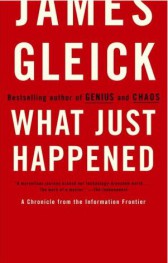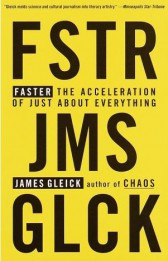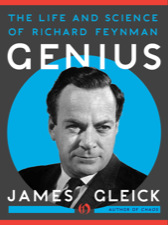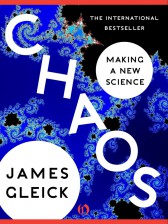Books
Time Travel: A History
The title is a bit misleading. Actually, it's a book about time.
A mind-bending exploration of time travel—from its origins in literature and science to its influence on our understanding of time itself. The book vividly explores physics, technology, philosophy, and art as each relates to time travel and tells the story of the concept’s cultural evolutions—from H.G. Wells to Doctor Who, from Proust to Woody Allen. It takes a close look at the porous boundary between science fiction and modern physics, and, finally, delves into what it all means in our own moment in time—the world of the instantaneous, with its all-consuming present and vanishing future.
Purchase
“Time Travel is another of James Gleick’s superb, unclassifiable books—rich in obscure and illuminating information, laced with lyricism, wit, and startling and convincing insights. It is an exploration not only of the (theoretical) phenomenon of time travel but of our understanding of ‘time’ itself.” Joyce Carol Oates
The Information
What our world is made of, and why we have such mixed feelings about that.
An account of how our relationship to information has transformed the very nature of human consciousness: the history of communication and information, from Africa’s talking drums to the invention of written alphabets; from the electronic transmission of code to the origins of information theory, into the new information age and the current deluge of news, tweets, images, and blogs. Along the way, Gleick profiles key innovators, including Charles Babbage, Ada Lovelace, Samuel Morse, and Claude Shannon, and reveals how our understanding of information is transforming not only how we look at the world, but how we live.
Winner of the 2012 Royal Society Prize for Science Books and the PEN/E. O. Wilson Literary Science Writing Award.
Purchase
“The Information is so ambitious, illuminating and sexily theoretical that it will amount to aspirational reading for many of those who have the mettle to tackle it. Don’t make the mistake of reading it quickly. Imagine luxuriating on a Wi-Fi-equipped desert island with Mr. Gleick’s book, a search engine and no distractions. The Information is to the nature, history and significance of data what the beach is to sand.” Janet Maslin, The New York Times
Isaac Newton
Pantheon, 2003
Isaac Newton was born in a stone farmhouse in 1642, fatherless and unwanted by his mother. When he died in London in 1727 he was so renowned he was given a state funeral—an unheard-of honor for a subject whose achievements were in the realm of the intellect. During the years he was an irascible presence at Trinity College, Cambridge, Newton imagined properties of nature and gave them names—mass, gravity, velocity—things our science now takes for granted. Newton grasped the intangible and dared to take its measure.
James Gleick brings the reader into Newton’s reclusive life and provides startlingly clear explanations of the concepts that changed forever our perception of bodies, rest, and motion—ideas so basic to the twenty-first century, it can truly be said: We are all Newtonians.
Purchase
“Isaac Newton is an elegantly written, insightful work that brings Newton to life and does him justice. Its brevity, which may or may not have been premeditated, seems to have resulted from a rare and relentless insistence on saying solely what can be said confidently and afresh…. Gleick proves to be not only a sound explicator of Newton’s science but also a capable literary stylist, whose understated empathy with his subject lets us almost see through Newton’s eyes.” Timothy Ferris, The Los Angeles Times
What Just Happened: A Chronicle from the Information Frontier
Pantheon, 2002
Here’s some of what just happened: Millions of ordinary, sensible people came into possession of computers. These machines had wondrous powers, yet made unexpected demands on their owners. Telephones broke free of the chains that had shackled them to bedside tables and office desks. No one was out of touch, or wanted to be out of touch. Instant communication became a birthright. A new world, located no one knew exactly where, came into being, called “virtual” or “online,” named “cyberspace” or “the Internet” or just “the network.” Manners and markets took on new shapes and guises.
A collection of James Gleick’s articles from the era when the internet was born, ranging from condemnations of maddeningly pervasive bugs in Microsoft software to the invisible shackles we wear in an inescapably connected” world. Combining insight and reason with wit and passion, What Just Happened is an essential tour of our technology-driven times.
Purchase
“A marvellous journey around our technology-drenched world … The work of a master.” The Independent
Faster: The Acceleration of Just About Everything
Pantheon, 1999
A bracing account of the accelerating pace of change in today’s world.
Most of us suffer some degree of “hurry sickness.” a malady that has launched us into the “epoch of the nanosecond,” a need-everything-yesterday sphere dominated by cell phones, computers, faxes, and remote controls. Yet for all the hours, minutes, and even seconds being saved, we’re still filling our days to the point that we have no time for such basic human activities as eating, sex, and relating to our families. Written with fresh insight and thorough research, Faster is a wise and witty look at a harried world not likely to slow down anytime soon.
Purchase
“In years to come Faster will tell people what we were like as clearly as Dickens or Tom Wolfe.” Patricia Volk, The New York Times
Genius: The Life and Science of Richard Feynman
Pantheon, 1992
This life story of the legendary physicist is “a thorough and masterful portrait of one of the great minds of the century” (The New York Review of Books). Raised in Depression-era Rockaway Beach, the physicist Richard Feynman was irreverent, eccentric, and childishly enthusiastic—a new kind of scientist in a field that was in its infancy. His quick mastery of quantum mechanics earned him a place at Los Alamos working on the Manhattan Project under J. Robert Oppenheimer, where the young man held his own among the nation’s greatest minds. There, Feynman turned theory into practice, culminating in the Trinity test, on July 16, 1945, when the Atomic Age was born. He was only twenty-seven. And he was just getting started. In this sweeping biography, James Gleick captures the forceful personality of a great man, integrating Feynman’s work and life in a way that is accessible to lay people and fascinating for the scientists who follow in his footsteps.
Purchase
“A rare, jewel-like biography… terrifically readable. It achieves an almost perfect balance between the physicist’s work and his life… Gleick is a consummate craftsman.” Washington Post Book World
Chaos
You've heard of the butterfly effect? Fractals, strange attractors, and all that.
The million-copy New York Times bestseller and finalist for both the Pulitzer Prize and the National Book Award that reveals the science behind chaos theory
This 20th-anniversary edition of James Gleick’s groundbreaking bestseller Chaos introduces a whole new readership to chaos theory, one of the most significant waves of scientific knowledge in our time. From Edward Lorenz’s discovery of the Butterfly Effect, to Mitchell Feigenbaum’s calculation of a universal constant, to Benoit Mandelbrot’s concept of fractals, which created a new geometry of nature, Gleick’s engaging narrative focuses on the key figures whose genius converged to chart an innovative direction for science. In Chaos, Gleick makes the story of chaos theory not only fascinating but also accessible to beginners, and opens our eyes to a surprising new view of the universe.
Purchase
“An awe-inspiring book. Reading it gave me that sensation that someone had just found the light switch.” Douglas Adams
